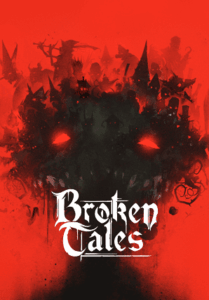 In July 2025 we presented the all-new Broken Tales Bundle featuring Broken Tales, the narrativist FRPG of upside-down fairy tales from Italian game publisher The World Anvil Publishing (not to be confused with UK-based online campaign manager World Anvil). In Broken Tales the Savior Child asked the King of Fairy Tales to redeem and reform villains like Bluebeard, Baba Yaga, the Queen of Hearts, Krampus, the Bogeyman, and the Big Bad Wolf. But The One Who Plots in the Shadows corrupted the child’s wish: Yes, the Villains became good, but any light needs a shadow, and in turn, the Heroes turned evil. The old tales shattered. Now, in an 18th-Century Broken Europe infused with magic and mysticism, the former villains have become Hunters reluctantly serving the Order, a powerful Papal secret society. As Hunters, you use your incredible abilities to counter the Broken Tales – onetime “good guys” now twisted and darkened, like Iskra the Young Wolf (Red Riding Hood), Carlo the Living Puppet, Beauty and her Beast, Alice of Other Worlds (with her shadowy lynx Cheshire), Morgana, Mulan, the Gang of Pigs, and Goldilocks and her War Bears.
In July 2025 we presented the all-new Broken Tales Bundle featuring Broken Tales, the narrativist FRPG of upside-down fairy tales from Italian game publisher The World Anvil Publishing (not to be confused with UK-based online campaign manager World Anvil). In Broken Tales the Savior Child asked the King of Fairy Tales to redeem and reform villains like Bluebeard, Baba Yaga, the Queen of Hearts, Krampus, the Bogeyman, and the Big Bad Wolf. But The One Who Plots in the Shadows corrupted the child’s wish: Yes, the Villains became good, but any light needs a shadow, and in turn, the Heroes turned evil. The old tales shattered. Now, in an 18th-Century Broken Europe infused with magic and mysticism, the former villains have become Hunters reluctantly serving the Order, a powerful Papal secret society. As Hunters, you use your incredible abilities to counter the Broken Tales – onetime “good guys” now twisted and darkened, like Iskra the Young Wolf (Red Riding Hood), Carlo the Living Puppet, Beauty and her Beast, Alice of Other Worlds (with her shadowy lynx Cheshire), Morgana, Mulan, the Gang of Pigs, and Goldilocks and her War Bears.
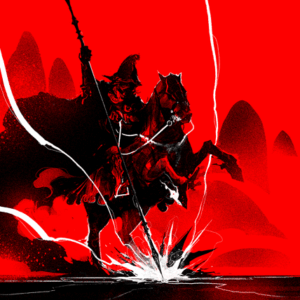 Broken Tales protagonists are the famous villains from various fairytales, reborn as melancholic antiheroes. Your Hunter retains many iconic traits, presented with a new look and characterization. You can play one-shot scenarios in “Tell Me a Story” mode, or connect multiple adventures in a sandbox campaign called “The Storybook.” In each scenario, your villains-turned-heroes confront a hero-turned-villain from a famous fairy tale. Take “The Smile in the Darkness,” where someone in the catacombs beneath the Paris slums is setting people on fire. Turns out (spoiler!) it’s the vengeful ghost of an orphan who was killed and burned before many witnesses; now the revenant torments and kills those who were silent at her murder. What tale inspired this gruesome scenario, which bears the content warning “Murder / Revenge / Corpses / Religion / Burning Flesh”? That’s right, say it with us: Hans Christian Andersen’s 1845 tale “The Little Match Girl.”
Broken Tales protagonists are the famous villains from various fairytales, reborn as melancholic antiheroes. Your Hunter retains many iconic traits, presented with a new look and characterization. You can play one-shot scenarios in “Tell Me a Story” mode, or connect multiple adventures in a sandbox campaign called “The Storybook.” In each scenario, your villains-turned-heroes confront a hero-turned-villain from a famous fairy tale. Take “The Smile in the Darkness,” where someone in the catacombs beneath the Paris slums is setting people on fire. Turns out (spoiler!) it’s the vengeful ghost of an orphan who was killed and burned before many witnesses; now the revenant torments and kills those who were silent at her murder. What tale inspired this gruesome scenario, which bears the content warning “Murder / Revenge / Corpses / Religion / Burning Flesh”? That’s right, say it with us: Hans Christian Andersen’s 1845 tale “The Little Match Girl.”
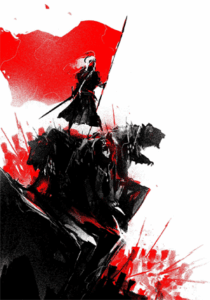 Broken Tales adapts designer Alberto Tronchi’s Monad Echo rules system, also seen in The World Anvil’s post-apocalypse RPG Dead Air: Seasons (2023) and the company’s Italian-language games Valraven and Evolution Pulse Rebirth. Monad is an extremely fiction-first system where players describe their characters’ actions to the Narrator (gamemaster), always aiming for specific, concrete outcomes – and, if the Narrator doesn’t intervene, the characters get exactly what the players describe. …Well okay!
Broken Tales adapts designer Alberto Tronchi’s Monad Echo rules system, also seen in The World Anvil’s post-apocalypse RPG Dead Air: Seasons (2023) and the company’s Italian-language games Valraven and Evolution Pulse Rebirth. Monad is an extremely fiction-first system where players describe their characters’ actions to the Narrator (gamemaster), always aiming for specific, concrete outcomes – and, if the Narrator doesn’t intervene, the characters get exactly what the players describe. …Well okay!
There’s more to it. (Whew.) Character generation starts with your character’s narrative concept, from which you derive aspects called Descriptors (“I’m an excellent duelist, but I fight poorly when surrounded” – “People pay attention to me, but sometimes I give in and manipulate them, even though it makes me feel sick”); the Descriptors in turn suggest Gifts (special abilities). Conflicts in a Scene use a rotating turn system of Exchanges. Each subject in the scene can attempt an action to change their narrative position. When a player character initiates an action with an uncertain outcome, the Narrator can call for a Position Check, “because the character’s position in the narrative is challenged.” Likewise, Defense Checks, prompted by NPC attacks, test “the character’s ability to maintain their current narrative position” against interference.
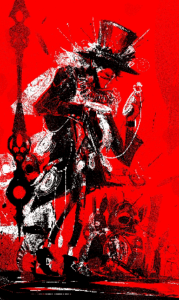 A positive outcome for a Check requires a certain number of Successes based on the Threat’s Opposition Level. (Note that there’s no mention yet of dice rolling.) Your character’s Descriptors and Gifts, along with equipment and circumstances, automatically grant a certain number of Base Successes. You can also spend Soma, a resource, for automatic successes, but your Soma points are scarce and tricky to replenish. If you still haven’t met the Opposition Level, you can try to generate Additional Successes by, wait for it, rolling dice. How many dice? As many dice as you want, and every die counts as a Success. Except, if any of the dice rolls a 1, the entire Check fails. Matching the Opposition Level gives you an Outcome with a Cost; one extra Success gives a Standard Outcome; two or more extra gives an “Outcome with an Increment” (benefit). A failed Defense Check may inflict a Wound, which activates your character’s Dark Ego power for the rest of the scene. After three Wounds, you’re dead.
A positive outcome for a Check requires a certain number of Successes based on the Threat’s Opposition Level. (Note that there’s no mention yet of dice rolling.) Your character’s Descriptors and Gifts, along with equipment and circumstances, automatically grant a certain number of Base Successes. You can also spend Soma, a resource, for automatic successes, but your Soma points are scarce and tricky to replenish. If you still haven’t met the Opposition Level, you can try to generate Additional Successes by, wait for it, rolling dice. How many dice? As many dice as you want, and every die counts as a Success. Except, if any of the dice rolls a 1, the entire Check fails. Matching the Opposition Level gives you an Outcome with a Cost; one extra Success gives a Standard Outcome; two or more extra gives an “Outcome with an Increment” (benefit). A failed Defense Check may inflict a Wound, which activates your character’s Dark Ego power for the rest of the scene. After three Wounds, you’re dead.
Want to know more? Check the free Monad Echo System Reference Document.
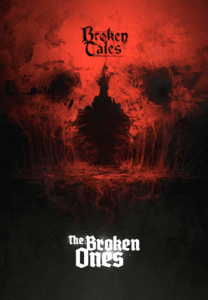 This all-new Broken Tales Bundle had everything you need to tell Grimm fairy tales with the emphasis on grimmmm. There were three titles in our fully intact Broken Collection (retail value $47) as DRM-free .PDF ebooks, including the complete 268-page Broken Tales core rulebook (plus the free Quickstart, the exclusive Fox and Cat playbook, the soundtrack, and the Monad Echo SRD), the character expansion The Broken Ones, and the Storyteller’s Screen.
This all-new Broken Tales Bundle had everything you need to tell Grimm fairy tales with the emphasis on grimmmm. There were three titles in our fully intact Broken Collection (retail value $47) as DRM-free .PDF ebooks, including the complete 268-page Broken Tales core rulebook (plus the free Quickstart, the exclusive Fox and Cat playbook, the soundtrack, and the Monad Echo SRD), the character expansion The Broken Ones, and the Storyteller’s Screen.
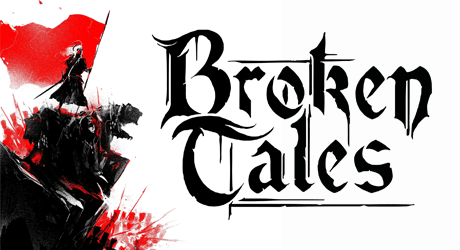
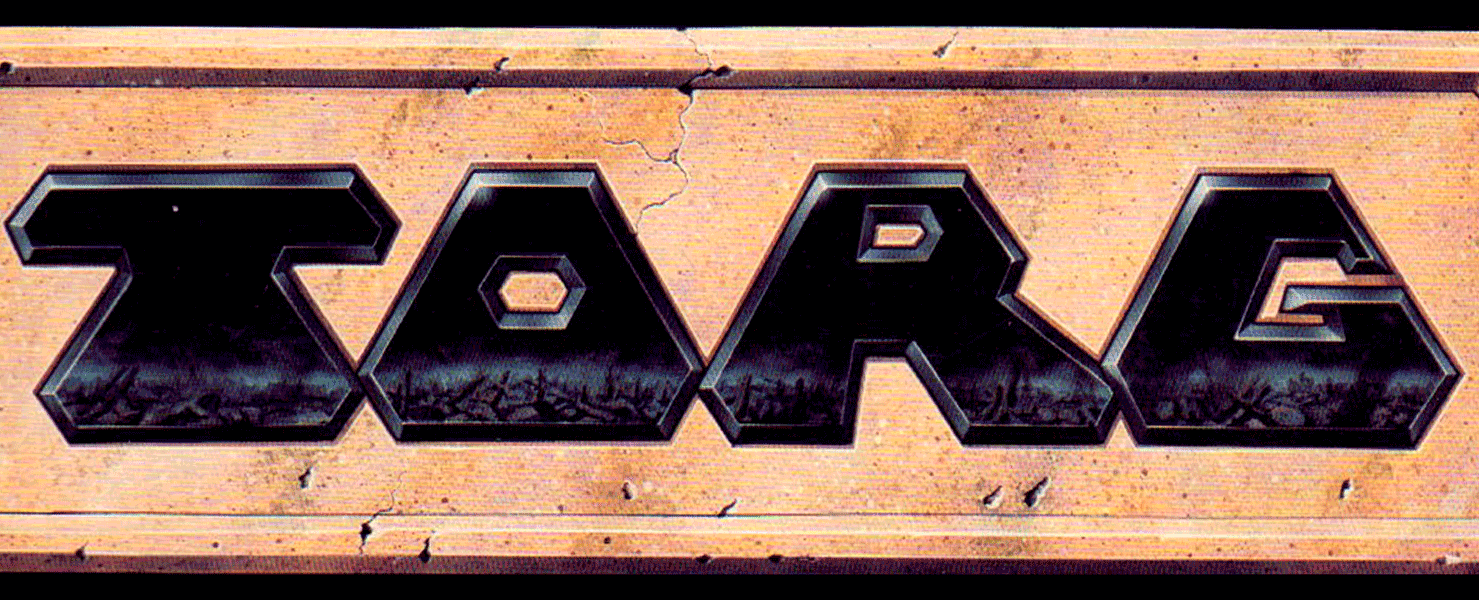
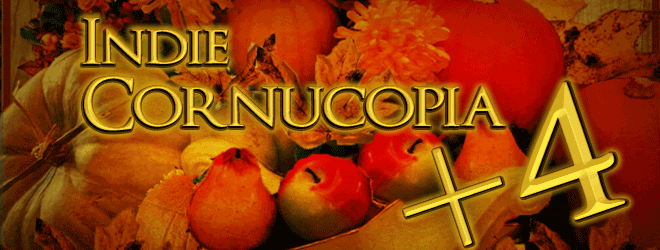
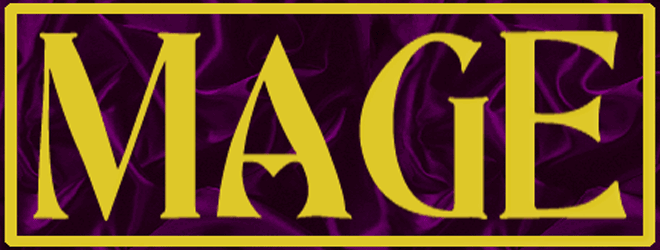
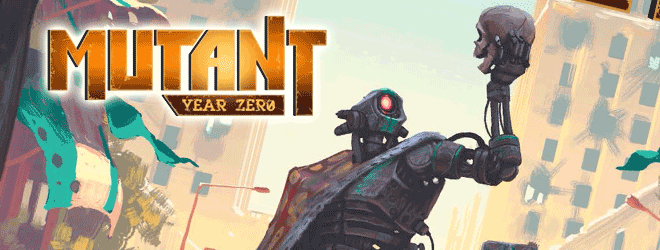
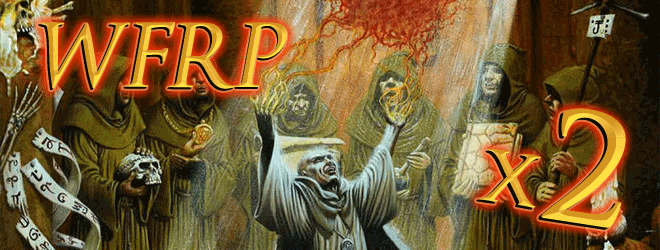
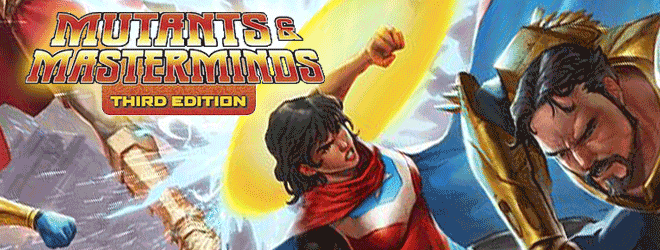
1 comment
I own this game. It’s One of the best game i have ever played. A lot of pre-made characters from our childhood stories, a lot of scenarios ready to play. And awesome art.
Comments are closed.